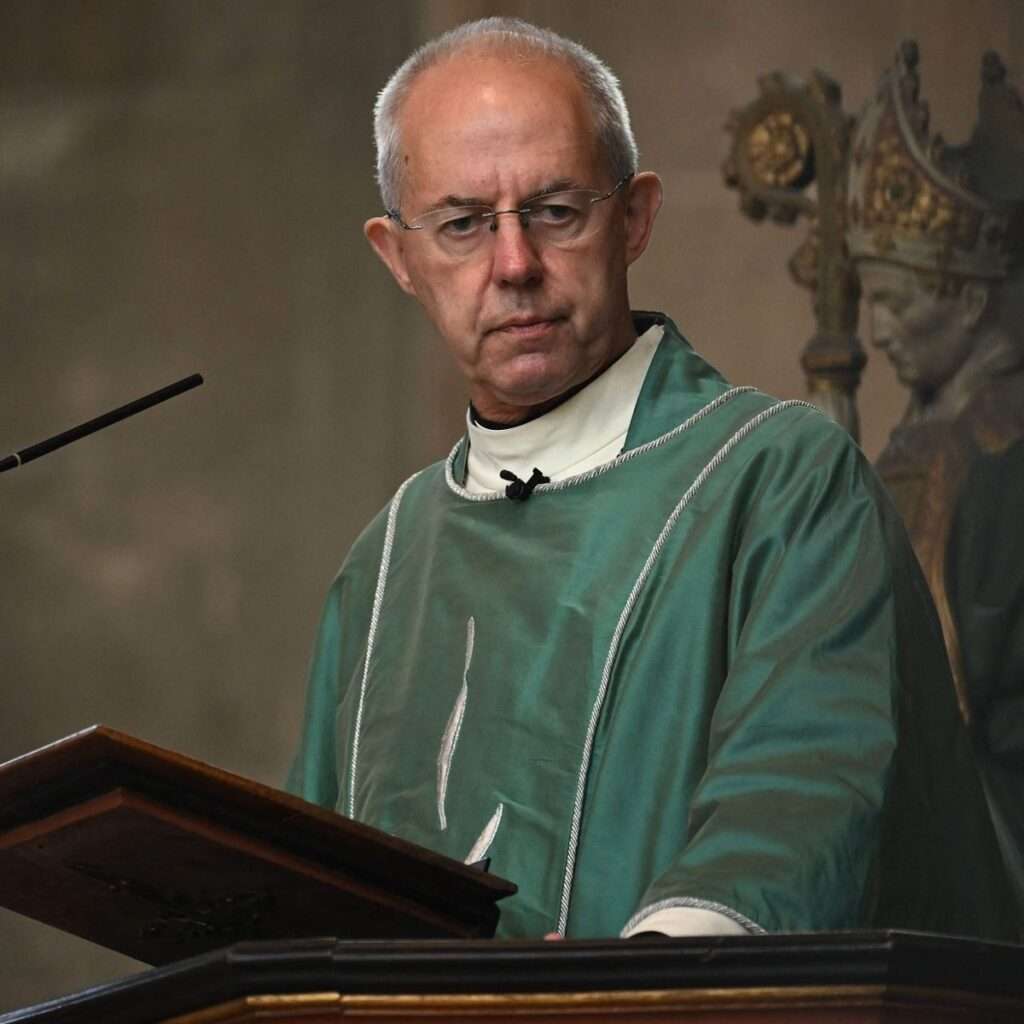The Church of England has announced the creation of a £100 million ($120 million) fund to address the legacy of slavery.
This move comes after the Church issued an official apology for its role in the transatlantic slave trade. The fund, called the “Lambeth Fund for Reparations,” will be financed by the Church’s investment portfolio and is expected to be operational this year.
In June 2022, an investigation initiated by the Church Commissioners; a charity managing the Church’s investment portfolio, revealed that for more than 100 years, a fund invested large sums of money in a company responsible for transporting slaves. The fund, known in the 18th Century as Queen Anne’s Bounty, had developed into a £10.1bn investment trust.
The new fund will support projects that promote racial reconciliation and social justice, including initiatives that address racial disparities in education, healthcare, and employment.
The lambeth fund will again support projects that promote the preservation of cultural heritage and the promotion of economic development in communities affected by the transatlantic slave trade.
The announcement of the reparations fund has been met with a positive response from many, who see it as a significant step towards addressing the legacy of slavery. However, some have criticized the fund, arguing that it is not enough to make up for the harm caused by slavery and that more needs to be done to address ongoing racial inequality.
Apolology
The Church of England’s apology for its role in the transatlantic slave trade, issued in November 2020, acknowledged that the Church profited from the slave trade and that many of its members actively supported it. The apology also acknowledged the harm caused by slavery and the ongoing impact that it has on communities of African descent.
The apology was also a clear message from the church to acknowledge the wrongs and the atrocities that were committed by its forefathers and the church as an institution, it is crucial for the Church to take action in making amends for its past actions.

In a snapshot from the late 1730s, for example, research commissioned by the Church itself found it was investing the equivalent of more than $530m in today’s terms in the South Sea Company that was responsible for shipping tens of thousands of slaves from Africa to the Spanish colonies. It is estimated that around 15% of them died on the torturous journey.
Britain’s colonial past and historical links to slavery have been subject to much scrutiny in recent years, with the toppling in 2020 of a 17th century English slave trader’s statue in Bristol sparking a nationwide debate.
Nations including the United States and Britain have faced calls for slavery reparations over the years, with demands and estimations of compensation ranging from anywhere between billions and trillions of dollars.
The Church of England, like many other institutions, has been accused of not only profiting from slavery, but of actively supporting it through investments in companies that were involved in the slave trade, and by maintaining endowments and assets that were connected to slavery. The decision to establish a reparations fund is a sign that the Church is taking responsibility for its role in the transatlantic slave trade and is committed to addressing the ongoing impact of slavery on communities of African descent.
While this fund can be seen as a step in the right direction, it is important to recognize that the work towards repairing the harm caused by slavery is a long-term commitment, and that this fund alone will not fully address the issue.
Nevertheless, it is a positive step forward and it will have a positive impact on many communities affected by slavery and racial disparities, and hopefully it will inspire more organizations to take responsibility for their role in the history of slavery and take steps to repair the damage caused.
READ ALSO: Contribute To Fix The Country’s Economy – Mustapha Hamid Charges Citizens























